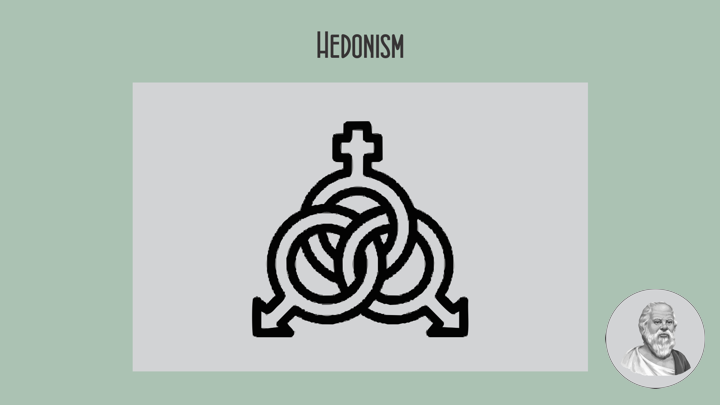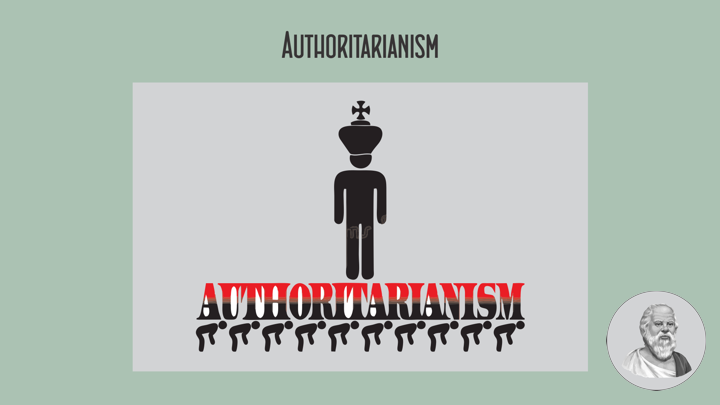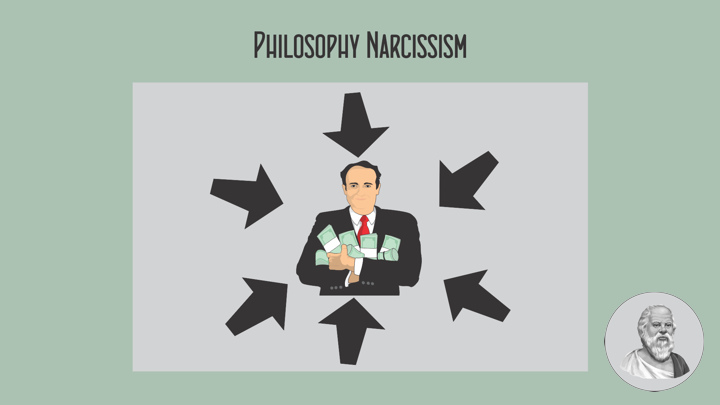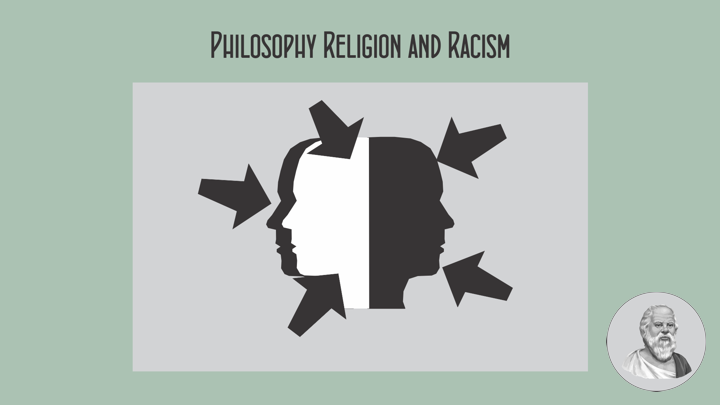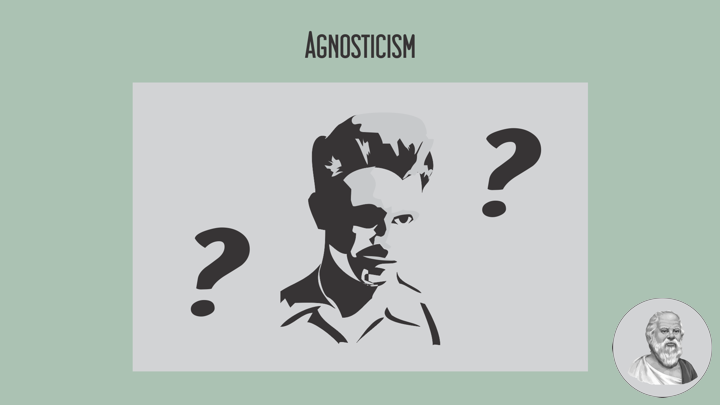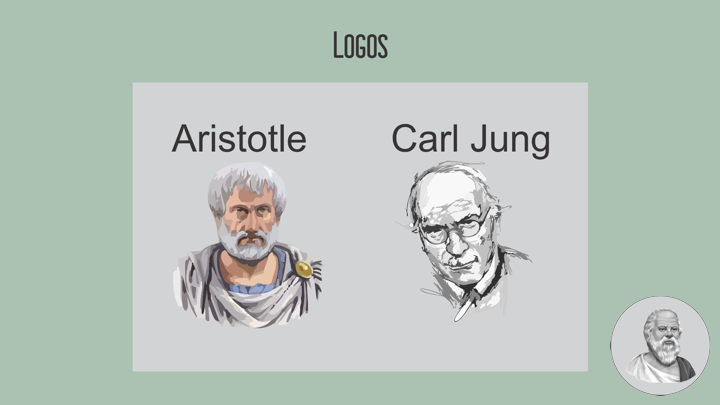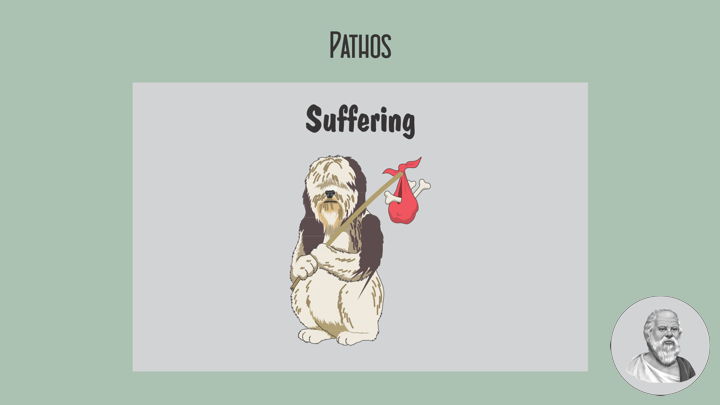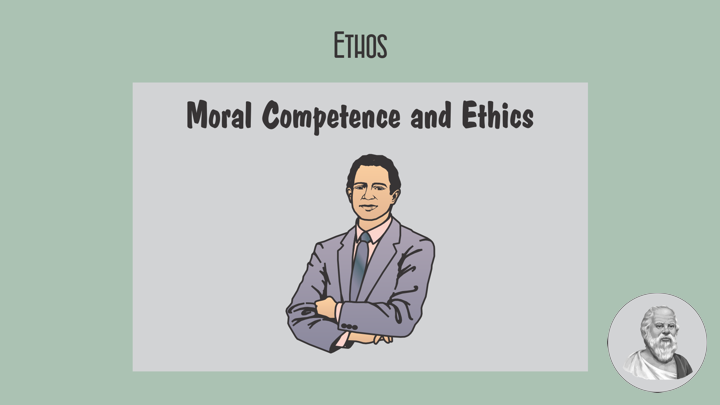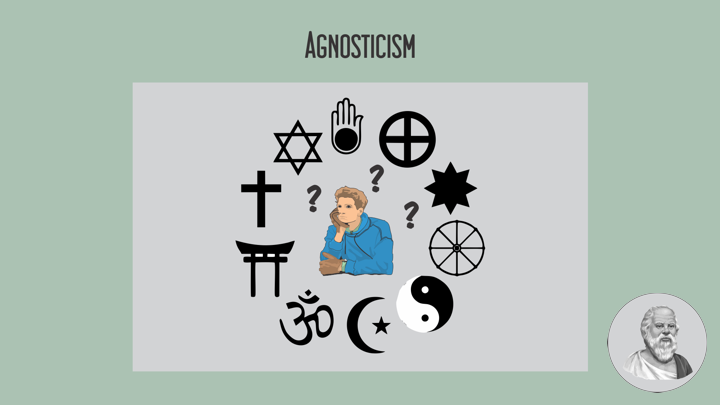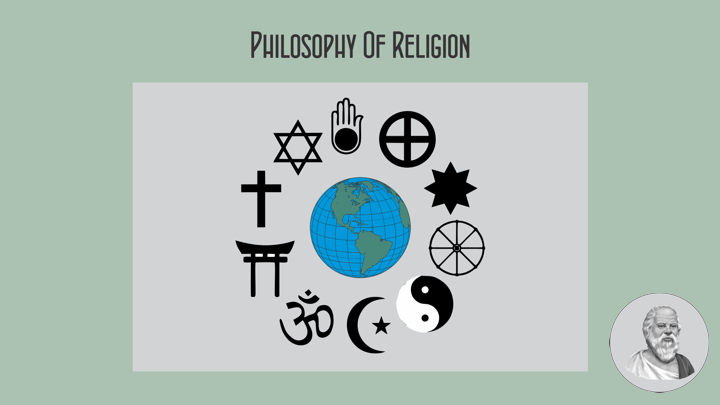Philosophy
Philosophy
——
#LucPaquin #Spirituality #Philosophy #Hedonism #WorkLifeBalance
——
——
Hedonism
Hedonism, in ethics, a general term for all theories of conduct in which the criterion is pleasure of one kind or another. The word is derived from the Greek Hedone “Pleasure”, from Hedys “Sweet or Pleasant”. Hedonistic theories of conduct have been held from the earliest times. They have been regularly misrepresented by their critics because of a simple misconception, namely, the assumption that the pleasure upheld by the Hedonist is necessarily purely physical in its origins. This assumption is in most cases a complete perversion of the truth. Practically all Hedonists recognize the existence of pleasures derived from fame and reputation, from friendship and sympathy, from knowledge and art. Most have urged that physical pleasures are not only ephemeral in themselves but also involve, either as prior conditions or as consequences, such pains as to discount any greater intensity that they may have while they last.
The earliest and most extreme form of Hedonism is that of the Cyrenaics as stated by Aristippus, who argued that the goal of a good life should be the sentient pleasure of the moment. Since, as Protagoras maintained, knowledge is solely of momentary sensations, it is useless to try to calculate future pleasures and to balance pains against them. The true art of life is to crowd as much enjoyment as possible into each moment.
Pleasure plays a central role in all forms of Hedonism; it refers to experience that feels good and involves the enjoyment of something. Pleasure contrasts with pain or suffering, which are forms of feeling bad. Discussions within hedonism usually focus more on pleasure, but as its negative side, pain is equally implied in these discussions. Both pleasure and pain come in degrees and have been thought of as a dimension going from positive degrees through a neutral point to negative degrees. The term “Happiness” is often used in this tradition to refer to the balance of pleasure over pain.
In everyday language, the term “Pleasure” is primarily associated with sensory pleasures like the enjoyment of food or sex. But in its most general sense, it includes all types of positive or pleasant experiences including the enjoyment of sports, seeing a beautiful sunset or engaging in an intellectually satisfying activity. Theories of pleasure try to determine what all these pleasurable experiences have in common, and what is essential to them. They are traditionally divided into quality theories and attitude theories. Quality theories hold that pleasure is a quality of pleasurable experiences themselves while attitude theories state that pleasure is in some sense external to the experience since it depends on the subject’s attitude to the experience.
The plausibility of the various versions of hedonism is affected by how the nature of pleasure is conceived. An important appeal of most forms of Hedonism is that they are able to give a simple and unified account of their respective fields. But this is only possible if pleasure itself is a unified phenomenon. This has been put into question, mainly due to the wide variety of pleasure experiences which seem to have no one shared feature in common. One way open to quality theorists to respond to this objection is by pointing out that the Hedonic tone of pleasure-experiences is not a regular quality but a higher-order quality. Attitude theories have an easier way to reply to this argument since they may hold that it is the same type of attitude, often identified with desire, that is common to all pleasurable experiences.
The Paradox of Hedonism refers to the practical difficulties encountered in the pursuit of pleasure. For the Hedonist, constant pleasure-seeking may not yield the most actual pleasure or happiness in the long term, when consciously pursuing pleasure interferes with experiencing it. Psychological Hedonism gives a straightforward theory explaining the totality of human behavior. It has intuitive plausibility because pleasure-seeking behavior is a common phenomenon, and may indeed dominate human conduct at times; however, the generalization of psychological Hedonism as an explanation for all behavior is highly controversial.
Luc Paquin
——
#LucPaquin #Spirituality #Philosophy #Authoritarianism #WorkLifeBalance
——
——
Authoritarianism
Authoritarianism is a political system characterized by the rejection of democracy, civil liberties, and political plurality. It involves the use of strong central power to preserve the political status quo, and reductions in the rule of law, separation of powers, and democratic voting. Political scientists have created many typologies describing variations of authoritarian forms of government. Authoritarian regimes may be either autocratic or oligarchic and may be based upon the rule of a party or the military. States that have a blurred boundary between democracy and authoritarianism have some times been characterized as “Hybrid Democracies”, “Hybrid Regimes” or “Competitive Authoritarian” states.
Minimally defined, an authoritarian government lacks free and competitive direct elections to legislatures, free and competitive direct or indirect elections for executives, or both. Broadly defined, authoritarian states include countries that lack the civil liberties such as freedom of religion, or countries in which the government and the opposition do not alternate in power at least once following free elections.
According to 2020 saw a sharp acceleration in the global decline of democracy. By their measure, fewer than a fifth of the world’s population now live in fully free countries. This is part of a longer trend of democratic decline and rising authoritarianism that’s been underway across the globe for the last 30 years.
The first was the excess of globalization, the excess of capitalism, and the creation of exploding inequality happening at the same time that globalization is kind of encroaching on people’s national identity or tribal identity. Another trend through line was the post-9/11 securitization of the American superpower. When we turn our national purpose into this war on terror, not only do we militarize our engagement with the world, which I think was generally bad for democracy, but we also provide a template and a justification for autocrats to expropriate that for their own purposes. Then lastly, technology is big difference maker in the sense that these platforms that at first were connecting people became the perfect vehicles for disinformation and surveillance.
Elements of the Authoritarian
- Divide and rule: Foment mistrust and fear in the population.
- Spread lies and conspiracies: Undermine the public’s belief in truth.
- Destroy checks and balances: Quietly use legal or pseudo-legal rationales to gut institutions, weaken opposition, and/or declare national emergencies to seize unconstitutional powers.
- Demonize opponents and independent media: Undermine the public’s trust in those actors and institutions that hold the state accountable.
- Undermine civil and political rights for the unaligned: Actively suppress free speech, the right to assembly and protest and the rights of women and minority groups.
- Blame minorities, immigrants, and “Outsiders” for a country’s problems: Exploit national humiliation while promising to restore national glory.
- Reward loyalists and punish defectors: Make in-group members fearful to voice dissention.
- Encourage or condone violence to advance political goals: Dehumanize opposition and/or out-groups to justify violence against them.
- Organize mass rallies to keep supporters mobilized against made-up threats: Use fearmongering and hate speech to consolidate in-group identity and solidarity.
- Make people feel like they are powerless to change things: Solutions will only come from the top.
Luc Paquin
——
#LucPaquin #Spirituality #Philosophy #Narcissism #Racism #WorkLifeBalance
——
——
Philosophy Narcissism
A growing body of evidence suggests that rates of narcissism are increasing. Narcissism describes a type of personality, which can manifest in a range of problematic behaviours and attitudes, such as arrogance, haughtiness, exhibitionism, self-centeredness, lack of empathy, racism, and an unreasonable sense of entitlement. The term “Cultural Narcissism” describes a cultural phenomenon whereby narcissistic values are inherent in cultural products, values, and practices.
That is, narcissism involves a problematic lack of self-knowledge. I argue that narcissism is an obstacle to living a meaningful life and to social flourishing. Self-knowledge enables one to accurately identify and develop one’s own interests and capabilities, as well as to identify one’s limitations. People lacking in self-knowledge are more likely pursue unrealistic goals and devote time to activities they are not genuinely interested in or capable of performing well. They pursue activities they believe will garner them status, attention, power, or admiration.
The condition we call narcissism began when Nemesis made a handsome youth fall in love with his reflection in a fountain. The lovely maiden Echo was grief-stricken by Narcissus’ self-absorption, and gradually pined away until only her voice remained. Narcissism today is not only a synonym for self-infatuation, it is the name for a clinical psychiatric disorder. In recent years, psychiatrists and psychotherapists have devoted much attention to narcissism. Patients are being diagnosed in increasing numbers as narcissistic, in part probably because of a heightened sensitivity to the phenomenon.
Narcissism, from a psychological point of view, is an interesting thing. It bears unmistakable similarities to one philosophical position, solipsism. And from a general point of view, as I will try to show, psychological narcissism is descriptive both of certain aspects of personality of many philosophers, and of the nature of many of the positions they propound.
Narcissism exists on a continuum that ranges from normal to abnormal personality expression. While many psychologists believe that a moderate degree of narcissism is normal and healthy in humans, there are also more extreme forms, observable particularly in people who are excessively self-absorbed, or who have a mental illness like narcissistic personality disorder (NPD), where the narcissistic tendency has become pathological, leading to functional impairment and psychosocial disability.
Luc Paquin
——
#LucPaquin #Spirituality #Philosophy #Religion #Racism #WorkLifeBalance
——
——
Philosophy Religion and Racism
It is by now well known that some of the greatest modern philosophers held racist views. John Locke, David Hume, Immanuel Kant, G W F Hegel and many others believed that Black and Indigenous peoples the world over were savage, inferior and in need of correction by European enlightenment. No serious philosopher today defends these explicitly racist views but, with good reason, they continue to study the writings of these authors. In order to hold on to the philosophical insights, scholars tend to make a distinction between the individual racism and the philosophical systems.
Global and national events can often make us feel powerless and paralyzed, especially when they are related to systemic issues of injustice. You’re not alone. But sometimes we do know of things we can do but are afraid of offending people, afraid of the cost, or afraid of making a mistake. But it’s better to make mistakes along the way than to live a lifetime in ignorance or be complicit through your inaction.
The perpetuation of ignorance is another form of racial violence. Many of us have been taught a White Supremacist education that implicitly assumed whiteness as normative and centered white European history and white European authors. Let alone adequately document the other many faces of White Supremacy that oppress and marginalize Indigenous, Latin, Asian, Middle Eastern, Jews, African, Atheism, and other subaltern voices.
Some of the central themes presented dealt with experiences of racism and discrimination among religious minorities, the intersections of gender and religion, which in turn opened up important discussions on the meaning of secularism, nationalism, and feminist struggles. Other themes included the development of state racism and fascism in different parts of the world as well as expressions of particular kinds of racism.
I want to talk to you today about something relating to racism and religion in America, that I probably could not have brought to consciousness until this crisis began. Even now my thoughts are not finished or complete; but the bottom line of what I want to propose is that the particular issue of racism in this unusually religious country of the United States is inextricably and very problematically related to its Christian theological past. And therefore that the category of sin, in all its richness, difficulty and ambiguity, cannot be bracketed out of the issue of American racism, even though most people, for obvious and entirely cogent, modern democratic reasons, would necessarily prefer to deal with it in other non-theological categories: rights, economics, social advantage, educational opportunities and so on. It is news to everyone as headlines about the latest racial unrest or expression of racist political attitudes regarding immigration, economics, war and policing are often linked with White Christian culture, and particularly White Evangelicalism.
Luc Paquin
——
#LucPaquin #Spirituality #Philosophy #Agnosticism #WorkLifeBalance
——
——
Agnosticism
Agnosticism is the view or belief that the existence of God, of the divine or the supernatural is unknown or unknowable. Another definition provided is the view that human reason is incapable of providing sufficient rational grounds to justify either the belief that God exists or the belief that God does not exist. In contrast, the word agnostic refers to a person who neither believes nor disbelieves in a god or religious doctrine. Agnostics assert that it’s impossible to know how the universe was created and whether or not divine beings exist.
To complicate matters, atheists and agnostics are often confused with theists and deists. A theist is the opposite of an atheist. Theists believe in the existence of a god or gods. The word deist refers to someone who believes in God. But a deist believes that while God created the universe, natural laws determine how the universe plays out.
In the popular sense, an agnostic is someone who neither believes nor disbelieves in God, whereas an atheist disbelieves in God. In the strict sense, however, agnosticism is the view that human reason is incapable of providing sufficient rational grounds to justify either the belief that God exists or the belief that God does not exist. In so far as one holds that our beliefs are rational only if they are sufficiently supported by human reason, the person who accepts the philosophical position of agnosticism will hold that neither the belief that God exists nor the belief that God does not exist is rational. In the modern period, agnostics have appealed largely to the philosophies of Hume and Kant as providing the justification for agnosticism as a philosophical position.
As with any identity, specific beliefs depend on the individual. There’s a notion that any belief in a god would be contradictory to agnosticism, but it’s a bit more complicated than that.
Nowadays, the term “Agnostic” is often used, when the issue is God’s existence, to refer to those who follow the recommendation expressed in the conclusion an agnostic is a person who has entertained the proposition that there is a God but believes neither that it is true nor that it is false. Not surprisingly, then, the term “Agnosticism” is often defined, both in and outside of philosophy, not as a principle or any other sort of proposition but instead as the psychological state of being an agnostic. Call this the “Psychological” sense of the term. It is certainly useful to have a term to refer to people who are neither theists nor atheists, but philosophers might wish that some other term besides “Agnostic” were used. The problem is that it is also very useful for philosophical purposes to have a name for the epistemological position that follows from the premise of argument, the position that neither theism nor atheism is known, or most ambitiously, that neither the belief that God exists nor the belief that God does not exist has positive epistemic status of any sort. Just as the metaphysical question of God’s existence is central to philosophy of religion, so too is the epistemological question of whether or not theism or atheism is known or has some other sort of positive epistemic status like being justified, rational, reasonable, or probable. And given the etymology of “Agnostic”, what better term could there be for a negative answer to that epistemological question than “Agnosticism”? Further, as suggested earlier, it is, for very good reason, typical in philosophy to use the suffix “-ism” to refer to a proposition instead of to a state or condition, since only the former can sensibly be tested by argument.
Luc Paquin
——
#LucPaquin #Spirituality #Philosophy #Logos #WorkLifeBalance
——
——
Logos
Logos is a term used in western philosophy, psychology and rhetoric; it connotes an appeal to rational discourse that relies on inductive and deductive reasoning. Aristotle first systemised the usage of the word, making it one of the three principles of rhetoric alongside ethos and pathos. This specific use identifies the word closely to the structure and content of text itself. This specific usage has then been developed through the history of western philosophy and rhetoric.
I put in order, arrange, gather, choose, count, reckon, discern, say, speak. In modern usage, it typically connotes the verbs “Account”, “Measure”, “Reason” or “Discourse”. The word has also been used in different senses along with rhema. Both Plato and Aristotle used the term logos along with rhema to refer to sentences and propositions.
This logos holds always but humans always prove unable to ever understand it, both before hearing it and when they have first heard it. For though all things come to be in accordance with this logos, humans are like the inexperienced when they experience such words and deeds as I set out, distinguishing each in accordance with its nature and saying how it is. But other people fail to notice what they do when awake, just as they forget what they do while asleep.
For Aristotle, logos is something more refined than the capacity to make private feelings public: it enables the human being to perform as no other animal can; it makes it possible for him to perceive and make clear to others through reasoned discourse the difference between what is advantageous and what is harmful, between what is just and what is unjust, and between what is good and what is evil.
Carl Jung contrasted the critical and rational faculties of logos with emotional, non-reason oriented and mythical elements. In Jung’s approach, logos vs eros can be represented as “Science vs Mysticism”, or “Reason vs Imagination” or “Conscious Activity vs The Unconscious”.
Logos is logical appeal, and the term logic is derived from it. It is normally used to describe facts and figures that support the speaker’s topic. Furthermore, logos is credited with appealing to the audience’s sense of logic, with the definition of “Logic” being concerned with the thing as it is known.
Furthermore, one can appeal to this sense of logic in two ways. The first is through inductive reasoning, providing the audience with relevant examples and using them to point back to the overall statement. The second is through deductive enthymeme, providing the audience with general scenarios and then indicating commonalities among them.
Logos is the persuasive technique that aims to convince an audience by using logic and reason. Also called “The Logical Appeal”, logos examples in advertisement include the citation of statistics, facts, charts, and graphs. Ever told someone to “Listen To Reason” during an argument? This is what logos does. The best logos advertisement examples are when a speaker appeals to logic. Statistics, surveys, facts, and historical data can make a product seem like a more reasonable decision. Whether the data is sound or not is another story.
Luc Paquin
——
#LucPaquin #Spirituality #Philosophy #Pathos #WorkLifeBalance
——
——
Pathos
Pathos is a Greek word meaning “Suffering” that has long been used to relay feelings of sadness or strong emotion. It was adopted into the English language in the 16th century to describe a quality that stirs the emotions, often produced by a real-life tragedy or moving music or speech.
Pathos became the foundation for many other English words.
- Empathy: The ability to understand and feel the emotions of others.
- Pathology: The study of disease, which can surely cause suffering.
- Pathetic: Something that causes others to feel pity.
- Sympathy: A shared feeling of sadness.
- Sociopath: Causing harm to society.
- Psychopath: Suffering in the mind.
We see Pathos in everyday life through rhetoric. Whether it’s family, friends or advertisers, people are constantly trying to persuade you of something by appealing to your emotions. However, you can also find Pathos in formal arguments, including famous speeches and political addresses.
Whenever someone tries to make you feel bad enough to do something, they’re using Pathos as a rhetorical tool. They can also use Pathos to explain how happy they would feel if you helped them out, or how hard it will be for them if you don’t.
If a political speech has ever made you feel inspired, angry or upset, it’s used Pathos correctly. Politicians and activists rely on appealing to their audience’s feelings to make them feel a certain way and to persuade them to do something.
Pathos is persuasive technique that try to convince an audience through emotions. Pathos advertisement techniques appeal to the senses, memory, nostalgia, or shared experience. Pathos examples pull at the heartstrings and make the audience feel. A quick way to appeal to a viewer’s emotions? A cute animal. A devastated family. A love story. Overcoming great odds.
Luc Paquin
——
#LucPaquin #Spirituality #Philosophy #Ethos #WorkLifeBalance
——
——
Ethos
Ethos is a Greek word meaning “Character” that is used to describe the guiding beliefs or ideals that characterize a community, nation, or ideology; and the balance between caution, and passion. The Greeks also used this word to refer to the power of music to influence emotions, behaviors, and even morals. Early Greek stories of Orpheus exhibit this idea in a compelling way. The word’s use in rhetoric is closely based on the Greek terminology used by Aristotle in his concept of the three artistic proofs or modes of persuasion. It gives credit to the speaker, or the speaker is taking credit. In modern usage, Ethos denotes the disposition, character, or fundamental values peculiar to a specific person, people, corporation, culture, or movement. In Rhetoric, Aristotle establishes three primary modes of argument: Ethos, Logos, and Pathos.
Aristotle is credited with developing the basics of a system of rhetoric that “Thereafter Served As The Touchstone” of the discipline, influencing the development of rhetorical theory from ancient through modern times. Like the other works of Aristotle that have survived from antiquity, the Rhetoric seems not to have been intended for publication, being instead a collection of his students’ notes in response to his lectures. This dialogue offered Aristotle, first a student and then a teacher at Plato’s Academy, a more positive starting point for the development of rhetoric as an art worthy of systematic, scientific study. In contrast to the emotional rhetoric and poetry of the sophists was a type of rhetoric grounded in philosophy and the pursuit of enlightenment.
In a sense, Ethos does not belong to the speaker but to the audience and it’s appealing to the audience’s emotions. Thus, it is the audience that determines whether a speaker is a high or a low Ethos speaker. Violations of Ethos include:
- The speaker has a direct interest in the outcome of the debate.
- The speaker has a vested interest or ulterior motive in the outcome of the debate.
- The speaker has no expertise.
This is broadly the function of Ethos in commercials.
- When an esteemed public figure endorses a product, it validates it to the end consumer.
- An Ethos advertisement plays off the consumer’s respect for a given spokesperson.
- Through that respect, the spokesperson appears convincing, authoritative and trustworthy enough to listen to. Of the types of persuasive techniques in advertising, Ethos is best used to unlock trust.
Luc Paquin
——
#Spirituality #Philosophy #Agnosticism #WorkLifeBalance
——
——
Agnosticism
Agnosticism is the view or belief that the existence of God, of the divine or the Supernatural is unknown or unknowable. It can be categorized as an indifference or absence of firm beliefs in Theistic religions and Atheism on that basis. Another definition provided is the view that human reason is incapable of providing sufficient rational grounds to justify either the belief that God exists or the belief that God does not exist.
Agnosticism is the philosophical view that the truth value of certain claims, particularly theological claims regarding metaphysics, afterlife or the existence of God, God’s, Deities, is unknown or possibly inherently unknowable. Some agnostics take a stronger view that the concept of a deity is incoherent, thus meaningless and irrelevant to life. The term is used to describe those who are unconvinced or noncommittal about the existence of deities as well as about other matters of religion. Early Christian church leaders used the Greek word gnosis knowledge to describe Spiritual Knowledge. Agnostic came from the union of it to the Greek / Latin prefix a, and was originally coined by Thomas Henry Huxley in 1869 to describe his philosophy. Agnosticism is not to be confused with religious views opposing the doctrine of gnosis and Gnosticism, these are religious concepts that are not generally related to agnosticism.
Agnostics claim that either it is not possible to have absolute or certain knowledge that while certainty may be possible, they personally have no knowledge. Agnosticism in both cases involves some form of skepticism. Data collection services often display the common use of the term, distinct from atheism in its lack of disputing the existence of deities.
An agnostic is a person who has entertained the proposition that there is a God but believes neither that it is true nor that it is false. Not surprisingly, then, the term agnosticism is often defined, both in and outside of philosophy, not as a principle or any other sort of proposition but instead as the psychological state of being an agnostic. Call this the psychological sense of the term. It is certainly useful to have a term to refer to people who are neither theists nor atheists, but philosophers might wish that some other term besides agnostic theological skeptic were used.
Luc Paquin
——
#Spirituality #Philosophy #PhilosophyOfReligion #WorkLifeBalance
——
——
Philosophy Of Religion
Philosophy is the most critical and comprehensive thought process developed by human beings. It is quite different from religion in that where philosophy is both critical and comprehensive, religion is comprehensive but not necessarily critical. Religion attempts to offer a view of all of life and the universe and to offer answers to most, if not all, of the most basic and important questions which occur to humans all over the planet. The answers offered by religion are not often subject to the careful scrutiny of reason and logic. Indeed many religious beliefs defy logic and seem to be unreasonable. Religion has its basis in belief. Philosophy, on the other hand, is a critic of belief and belief systems. Philosophy subjects what some would be satisfied in believing to severe examination. Philosophy looks for rational explications and justifications for beliefs. Philosophy has its basis in reason.
Philosophy of religion is the philosophical study of the meaning and nature of religion. It includes the analyses of religious concepts, beliefs, terms, arguments, and practices of religious adherents. The scope of much of the work done in philosophy of religion has been limited to the various theistic religions. More recent work often involves a broader, more global approach, taking into consideration both theistic and non-theistic religious traditions. The range of those engaged in the field of philosophy of religion is broad and diverse and includes philosophers from the analytic and continental traditions, Eastern and Western thinkers, religious believers and agnostics, skeptics and atheists. Philosophy of religion draws on all of the major areas of philosophy as well as other relevant fields, including theology, history, sociology, psychology, and the natural sciences.
The field is related to many other branches of philosophy, including metaphysics, epistemology, and ethics. The philosophy of religion differs from religious philosophy in that it seeks to discuss questions regarding the nature of religion as a whole, rather than examining the problems brought forth by a particular belief-system. It can be carried out dispassionately by those who identify as believers or non-believers. In Asia include texts such as the Hindu Upanishads, the works of Daoism and Confucianism and Buddhist texts. Greek philosophies like Pythagoreanism and Stoicism included religious elements and theories about deities, and Medieval philosophy was strongly influenced by the big three monotheistic Abrahamic religions.
Some aspects of philosophy of religion have classically been regarded as a part of metaphysics. In Aristotle’s Metaphysics, the necessarily prior cause of eternal motion was an unmoved mover, who, like the object of desire, or of thought, inspires motion without itself being moved. Philosophers have adopted the term “Philosophy Of Religion” for the subject, and typically it is regarded as a separate field of specialization as a part of metaphysics.
Luc Paquin
